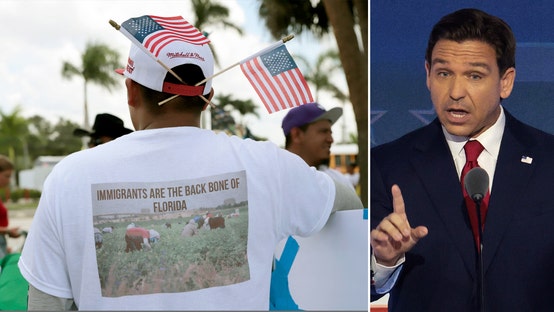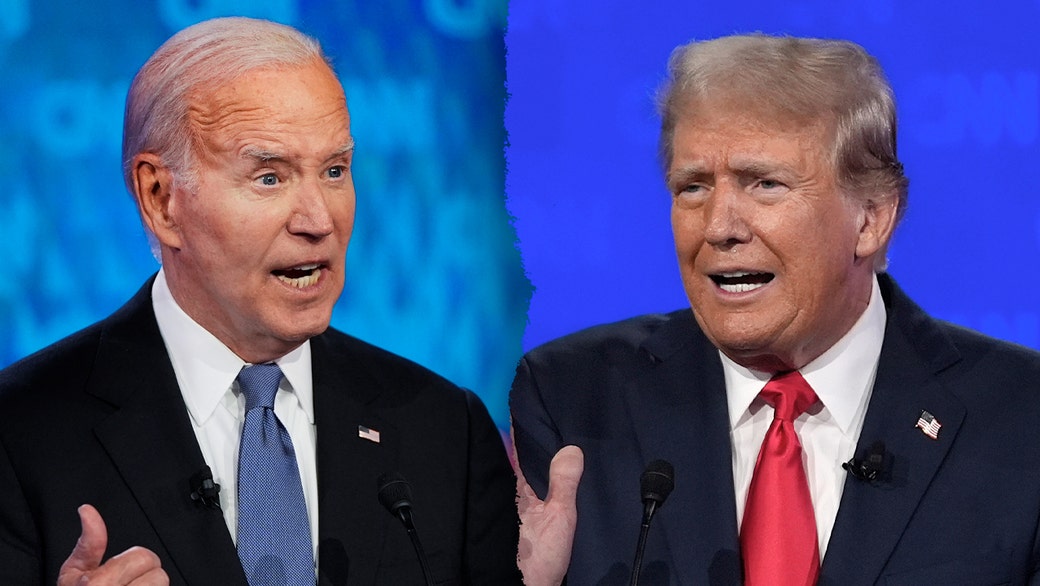The Department of Justice (DOJ) has issued guidance limiting when and how jurisdictions can remove voters from their rolls, raising concerns among election officials that it may hinder efforts to maintain accurate and secure voter lists. The move has also sparked legal challenges, with a watchdog group suing Arizona over alleged failures to remove noncitizens from its rolls.
The Justice Department's (DOJ) recent publication of guidelines addressing limits on voter roll maintenance has drawn scrutiny from former DOJ attorney Gene Hamilton, who sees it as an attempt to intimidate state and local election officials from performing their duties. The guidance, issued on September 9, reiterates that voting rolls must comply with federal law and not discriminate.
While the guidelines acknowledge states' authority to remove ineligible voters, such as those convicted of felonies or noncitizens, Hamilton argues that they may discourage officials from using lawful tools to verify voter eligibility. He suggests the guidance could be misinterpreted as overly restrictive or an attempt to impede efforts to maintain accurate voter lists, which the DOJ states must be uniform and nondiscriminatory.

Federal Guidelines Discourage Removal of Ineligible Voters, Prompting Legal Challenges
The updated guidelines prohibit removals from voter lists within 90 days of a federal election, applying to both state-initiated and third-party-driven processes. This rule coincides with a lawsuit filed by Hamilton's watchdog group against 15 Arizona counties for allegedly retaining thousands of illegal immigrants on their voter rolls. The lawsuit alleges that more than 35,000 registered voters in Arizona had not provided proof of citizenship by April 2024, restricting them to voting only in federal races.
Separately, a recent state error in Arizona questioned the citizenship status of nearly 100,000 voters just before mail ballots were to be distributed. These developments highlight the ongoing concerns surrounding voter eligibility and the role of election officials in maintaining accurate voter lists.

Federal Guidelines Discourage Removal of Ineligible Voters, Prompting Legal Challenges
Meanwhile, House Speaker Mike Johnson (R-La.) has announced a proposed vote to avert a government shutdown by addressing noncitizen voting. The proposal reflects growing concerns among some lawmakers about the need to address alleged ineligibilities on voter rolls.
Hamilton emphasizes that the Department of Homeland Security (DHS) and state officials have a responsibility to identify and remove ineligible voters. However, he asserts that DHS has shown little interest in assisting in this effort and that some state officials are reluctant to fully exercise their authority.

Federal Guidelines Discourage Removal of Ineligible Voters, Prompting Legal Challenges
The DOJ guidance and subsequent legal challenges demonstrate the ongoing debate over voter eligibility and the role of election officials in ensuring the integrity of the electoral process. Critics of the guidance argue it may hamper efforts to maintain accurate voter lists, while proponents maintain its importance in preventing voter suppression and discrimination. The unfolding legal battles and legislative initiatives are likely to shape the landscape of voter roll maintenance and the broader debate over election security in the lead-up to the 2024 presidential election.











